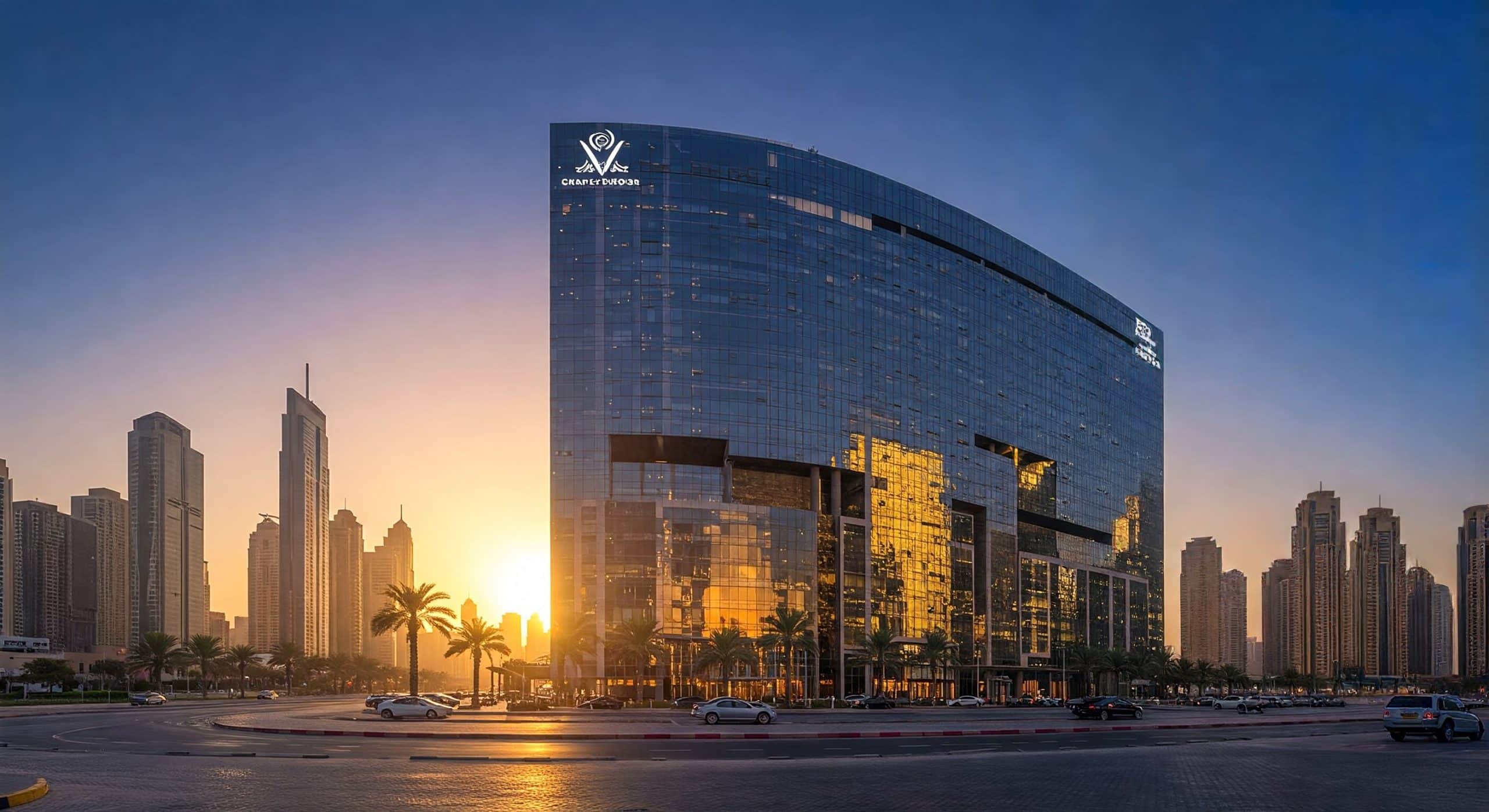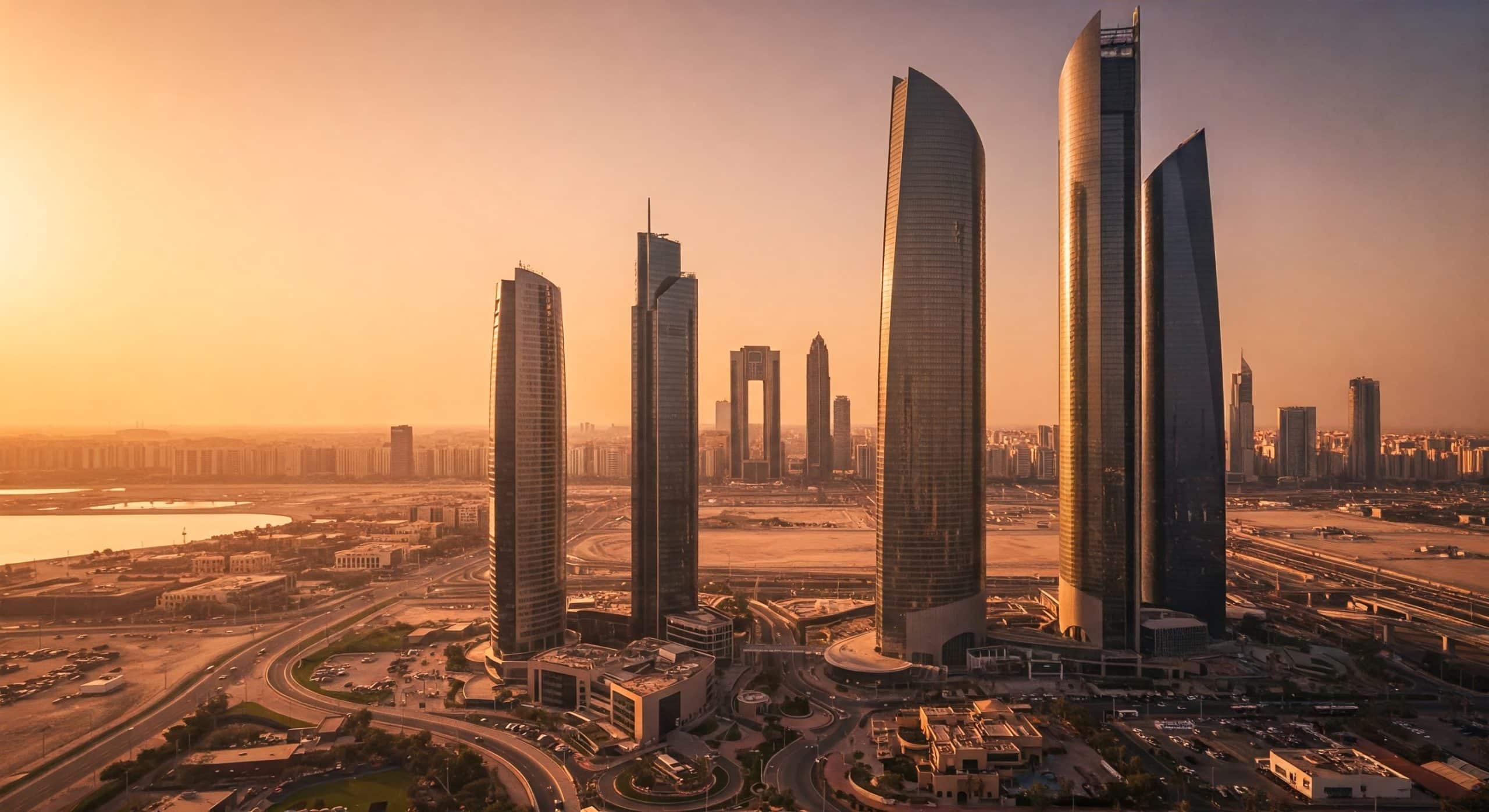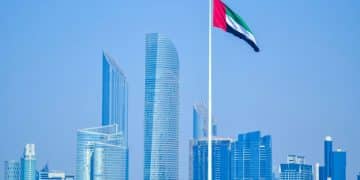Free Zones vs Mainland: Where Should You Launch Your UAE Business?

Considered starting your company in the United Arab Emirates? You are not on your alone.
Like Silicon Valley of the Middle East, the UAE has grown to be a destination for businesspeople but with better beaches and zero personal income tax.
From modern towers to legislation supporting startups, it’s designed for ambitious founders, creatives, and global dreamers both.
But before you hit the launch button on your next big idea, here’s the million-dirham question: Free Zones vs Mainland: Where should you set up in?
The choice isn’t just red pill vs. blue pill—it shapes how you grow, who you can sell to, and how much freedom you’ll really have.
What Are UAE Free Zones?
Think of UAE Free Zones as business VIP lounges—designed to make life easier (and more profitable) for entrepreneurs from around the world.
These are special areas where the rules are a little looser, the perks are a lot bigger, and foreign investors can fully own their companies—no local partner needed.
It’s kind of like launching your startup on “easy mode.”
Advantages of Free Zones:
- You own 100% of your business. No need for a local sponsor—what’s yours stays yours.
- Tax-free perks. Forget import/export duties and personal income tax. The only thing piling up here is profit.
- Keep every dirham. You can move your money in and out without restrictions.
- Fast setup. Paperwork? Streamlined. Costs? Lower than the Mainland. Stress? Basically zero.
- Tailored for your niche. Media company? Tech firm? Fintech startup? There’s a Free Zone that speaks your language.
Popular Free Zones in the UAE:
- DMCC (Dubai Multi Commodities Centre) – A favorite for trading and commodities businesses.
- JAFZA (Jebel Ali Free Zone) – Ideal for logistics, manufacturing, and global shipping players.
- Dubai Internet City – Home turf for IT and digital companies. Basically, the UAE’s Silicon Valley.
- ADGM (Abu Dhabi Global Market) – The go-to for finance, fintech, and legal firms.
- SHAMS (Sharjah Media City) – Perfect for creatives, media startups, and content pros.
You Might Also Like: SME Support in the UAE: Programs, Grants & Mentorship
What Is a Mainland Business Setup?
Setting up a Mainland business in the UAE is like choosing the all-access pass—you can do business anywhere in the country, take on government contracts, and grow without limits.
These companies are licensed through the Department of Economic Development (DED) in each Emirate.
And unlike Free Zones, you’re not boxed in—you can sell, serve, and scale across the UAE.
Advantages of Mainland Businesses:
- Sell anywhere in the UAE. Malls, retail stores, local clients—you’re in.
- Work with the government. Want to land big public sector deals? Mainland is the only route.
- No activity limits. Your business model, your rules—whether it’s e-commerce, construction, or a hybrid agency.
- Unlimited visas (based on office size). Need to grow your team? You’ve got the space.
- Prime office locations. Choose from premium towers, retail spots, or custom setups across all Emirates.
Free Zone vs Mainland: Key Differences
| Feature | Free Zone Business | Mainland Business |
|---|---|---|
| Ownership | 100% foreign ownership | 100% foreign ownership (for many activities) |
| Market Access | Limited to Free Zone & international trade | Full access to UAE market & international |
| Office Requirements | Often includes shared or flexi-desk spaces | Physical office space required |
| Tax Benefits | Corporate & personal tax exemptions | Subject to UAE corporate tax (with thresholds) |
| Visa Quota | Limited by package | Flexible, based on office space |
| Government Contracts | Not permitted | Eligible to bid |
| Setup Time | 1–5 days | 1–4 weeks |
Which Is Right for Your Business?
Picking between a Free Zone and Mainland setup is kind of like choosing your startup’s origin story.
Are you launching as a lean, borderless digital nomad brand? Or are you going full-scale, boots-on-the-ground, local-market empire?
Your decision comes down to a few key things: what you do, who you sell to, and how big you want to grow.
Choose Free Zone if:
- You run an online, remote-first, consulting company catering to foreign clientele.
- A small team or solitary entrepreneur seeking a reasonably priced launchpad.
- Not immediately, at least not planning to sell directly to UAE consumers.
- Into media, tech, or financial zones, industrial hotspots with networking advantages.
Choose Mainland if:
- You intend to operate a retail store, café, or service company catering UAE clients.
- Starting a business requiring a showroom, warehouse, or physical office.
- Looking at government contracts or large local cooperation.
- Considering long-term perspective and complete access to the UAE market.
Costs Comparison: Free Zone vs Mainland
Let’s talk numbers—because whether you’re launching the next unicorn startup or a boutique design studio, budget matters.
Here’s how the Free Zone and Mainland setups stack up in real-world costs (and yes, every dirham counts when you’re building your empire).
Free Zone Costs
- License Fees: AED 10,000 – 20,000 per year
- Office Space: Flexi-desk or shared coworking often included (remote-friendly FTW)
- Visa Costs: AED 3,000 – 5,000 per person
- Corporate Tax: Usually none—you keep what you earn
Ideal for: solopreneurs, service-based businesses, or digital nomads who want to keep overheads lean and mean (without skimping on perks).
Mainland Costs:
- License Fees: AED 15,000 – 25,000 per year
- Office Space: Physical office required (starting around AED 20,000+/year)
- Visa Costs: AED 3,000 – 6,000 per person
- Corporate Tax: 9%—but only on profits over AED 375,000
Ideal for: retail shops, service providers, and companies ready to scale locally and play in the big leagues (government contracts, UAE-wide access, and beyond).
Tip: Don’t forget the extras—health insurance, business approvals, notarizations, and document attestation fees can sneak up on you like surprise charges on your streaming bill.

Recent Reforms Boosting Entrepreneurship in the UAE
The UAE isn’t just keeping up with global business trends—it’s setting the pace.
The government has been implementing audacious changes in line with real Marvel-style fashion that boost the corporate environment and facilitate startup, scale, and stayability of SMEs and entrepreneurs.
The game-changing additions listed here are transforming the UAE’s startup scene:
New Corporate Tax with a Startup Twist 2023
Only on profits over AED 375,000 was a 9% business tax instituted.
Small companies and startups so have more of their early-stage income left over for investing and growth.
Golden Visa equals long-term business life.
Offering five to ten years of residency for entrepreneurs, investors, and inventors, the Golden Visa program essentially represents the UAE’s equivalent of a permanent backstage pass.
Less immigration paperwork means more time to create your empire.
Licencing? An App Designed for That Exists.
Without visiting a government office, sites like TAMM (Abu Dhabi) and Invest in Dubai enable you track approvals, apply for permits online, and handle documentation.
Like startup architecture, Netflix-style—on-demand and hassle-free.
Your Business Hype Squad: Incubators and Accelerators
From tech parks to creative hotspots, Free Zones today provide access to incubators, co-working facilities, mentoring programs, and financing sources.
There is a venue that fits your goal whether your project is creating a wellness brand or the next fintech unicorn.
You Might Also Like: Inside the Startup Scene: Why the UAE is a Hotbed for Innovation
How to Choose the Right Free Zone or Mainland Setup
Picking between Free Zone and Mainland isn’t just about cost—it’s about strategy.
Think of it like choosing your startup’s origin city in a video game—it shapes your powers, access, and level-up potential.
Before you lock in your setup, grab a notebook (or your Notes app) and ask yourself:
Ask Yourself These Questions:
- Who’s my ideal customer? Are you targeting local UAE clients, or going after global markets?
- Am I importing or exporting goods? If you’re moving physical products, your setup needs to support logistics.
- Do I need a real office or warehouse? Free Zones often offer shared workspaces, while Mainland needs a brick-and-mortar presence.
- Will I chase government contracts? Only Mainland businesses can play in that league.
- Am I building local partnerships or scaling across the Emirates? If you want UAE-wide reach, Mainland is your launchpad.
Consult with Business Setup Experts
Business setup pros are like your startup GPS. They’ll help you:
- Choose the right license based on your activity type
- Match your setup to your budget and target location
- Navigate visa options for your team (and yourself)
- Think long-term—scalability, taxes, and expansion strategy
Free Zones vs Mainland: Making the Right Move
Free Zone or Mainland? It’s kinda like choosing between Wakanda and Gotham—both powerful, but built for different missions.
Go Free Zone if you want to launch fast, go global, and keep things lean. It’s perfect for online businesses, consultants, and startups that don’t need to sell locally.
Go Mainland if you’re ready to go big in the UAE, open a shop, land government gigs, or build a brand locals know and love.
Whichever path you pick, make sure it fits your goals, your market, and your long game.





